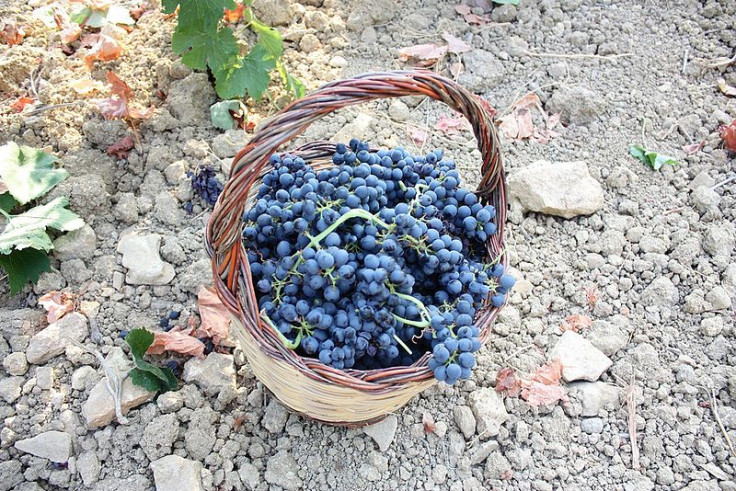Antioxidants In Grapes Boost Genes To Fight Hypertension

A study by researchers at the University of Michigan Health System has found a new mechanism by which grapes can reduce heart failure associated with chronic hypertension, a university press release says. The study, published in the Journal of Nutritional Biochemistry, says that the antioxidants and polyphenols in grapes increase activity in a set of genes in the heart that are responsible for fighting oxidative stress.
A deficiency of the cellular antioxidant glutathione is regularly observed in people who suffer heart failure, the press release says, and antioxidant-rich diets are known to reduce hypertension. In their study, researchers fed hypertensive rats a grape-enriched diet for 18 weeks, and found reduced heart muscle enlargement as well as improved heart function. They also found that the grapes significantly increased the activity of the genes AhR and nrf2 in the heart - genes related to antioxidant defense - which in turn increased levels of glutathione.
The team plans to continue its study, the press release says, to look at whether there's a difference between intake of whole grapes compared to intake of individual grape phytonutrients. "Our hypothesis is that whole grapes will be superior to any individual grape component, in each of the areas being investigated," said lead researcher E. Mitchell Seymour. "The whole fruit contains hundreds of individual components, which we suspect likely work together to provide a synergistic beneficial effect."



























